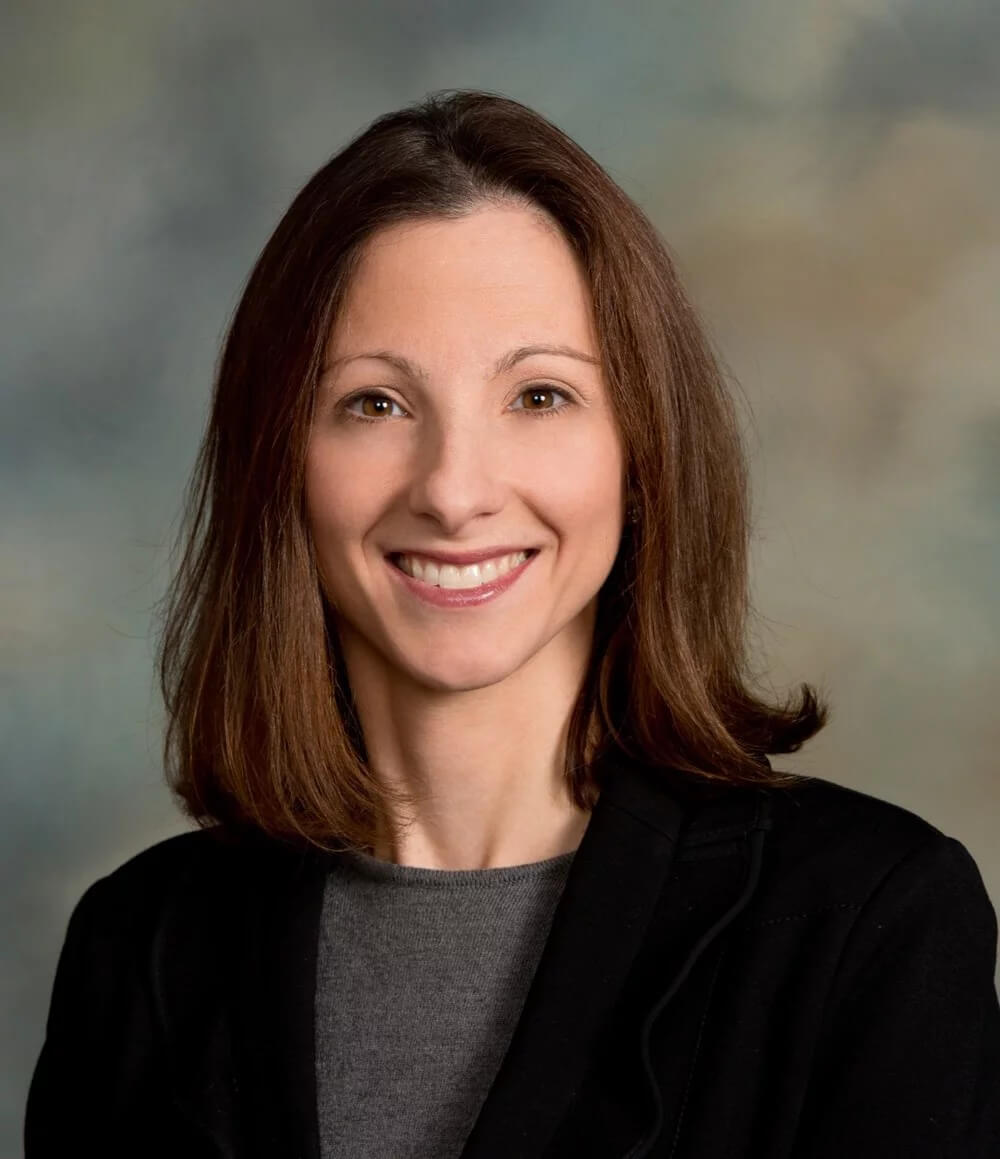“The Blending of Two Fields” an interview with Dr. Schefler

As part of our ongoing series, we sat down with one of RCA’s leading ocular oncologists, Amy Schefler MD of Retina Consultants of Texas. We wanted to learn what it takes to be a superior surgeon in the subspecialty of ocular oncology.
What was your path to becoming a retinal specialist and ocular oncologist? Please tell us more.
My career path was unusual. When I was a medical student, I fell in love with ocular oncology, the study of cancers of the eye, after doing a one-year pre-residency fellowship. So, I went into ophthalmology specifically with the purpose of becoming an eye cancer specialist. This was an uncommon path because eye cancer is very rare and there are only a few surgeons who specialize in it the US—only about 20 of us are true, full-time clinicians in this field. During my ophthalmology residency, it became clear that pairing ocular oncology with retinal surgery was the best approach for a successful career. The two fields blend very well because ocular oncology is becoming more and more surgical as our technology and science improve over time. Having a background in retinal medicine also makes me a better ocular oncologist, because many oncologic conditions affect the retina. I love the relationships I have with patients, as many of these cancers require that I follow patients for life, so the field provides the opportunity to have long-standing and very meaningful relationships with them and their families.
Now, let us shift and talk about your thriving practice in Texas. How do you recruit and find the next generation of leaders?
We are always mentoring the next generation of leaders. I teach the medical students and ophthalmology residents from the University of Texas Health Sciences Center at Houston as well as some of the ophthalmology residents and retina fellows from Baylor who are interested in my field. These students and trainees come and rotate with me in my clinic and in surgery. They are generally very eager to learn and see these rare conditions, even if they will not be ocular oncologists themselves. I mentor young women through HOW, Houston Ophthalmology Women, a group I founded in Houston with four of my outstanding women ophthalmology colleagues in town. I belong to the Retina Society, Macula Society, American Society of Retina Specialists (ASRS) as well as the International Society of Ocular Oncology, American Academy of Ophthalmology (AAO), and other national and international groups through which I do mentoring. I conduct ongoing clinical research, investigator meetings and executive committee meetings for clinical studies, and I really enjoy mentoring students and residents about how to structure an academic career.
What is most rewarding in your field?
To me the most rewarding part of my field is the lifelong relationships I have with many of my patients, both pediatric patients and adult patients. Retinoblastoma occurs in very young children, and I literally get to see these kids grow up in front of my eyes. My team and I become very close with these families and I feel very connected to them. In some cases of hereditary retinoblastoma, both the parent and the children are my patients. Currently, over 97% of kids with retinoblastoma survive the disease, the highest survival rate of any malignant pediatric cancer in the developed world. Furthermore, most of the time, we can save at least one eye with good vision. Telling a family that their six-month-old child has cancer is not easy, but it is an honor and a privilege to have a job that is this meaningful. Plus, when the children do well with treatment, it is an incredible feeling of accomplishment and meaning. Day to day, I also enjoy reassuring adult patients. Sometimes, a patient comes to the office having been told that he/she has a melanoma, but instead in the end it is just a benign finding. Those patients are often eternally grateful.
What are the benefits you have seen in partnering with Retina Consultants of America?
There are many benefits to with partnering with RCA. First and foremost is the access to cutting edge research for the entire network, particularly for phase I and II trials for retinal conditions, uveitis, tumors, and retinal degeneration. By standardizing our research protocols across our network, we increase the number of patients who can be enrolled and treated efficiently. Second, RCA has essentially become a huge network of like-minded retina specialists who share clinical goals and philosophies. We are soon launching a monthly academic conference for the entire group in which we will share ideas about unusual patients, new diseases, and new treatment paradigms, improving the care for all our patients. Thus, our patients will essentially have access to the minds and education of over 75 of the best-trained retina specialists in the country.
Lastly, what advice would you give to a recent graduate considering becoming a retina specialist or ocular oncologist?
It is a dynamic, highly rewarding field. I really enjoy how much the science is constantly evolving with new developments and the interconnectedness with technology. We are always discovering new therapeutics and novel platforms for research. We are a field that moves forward very quickly and that is a gift. In oncology, we have really increased our “game” in collaborative research with multiple large centers of excellence around the U.S. working together in both clinical and translational research.